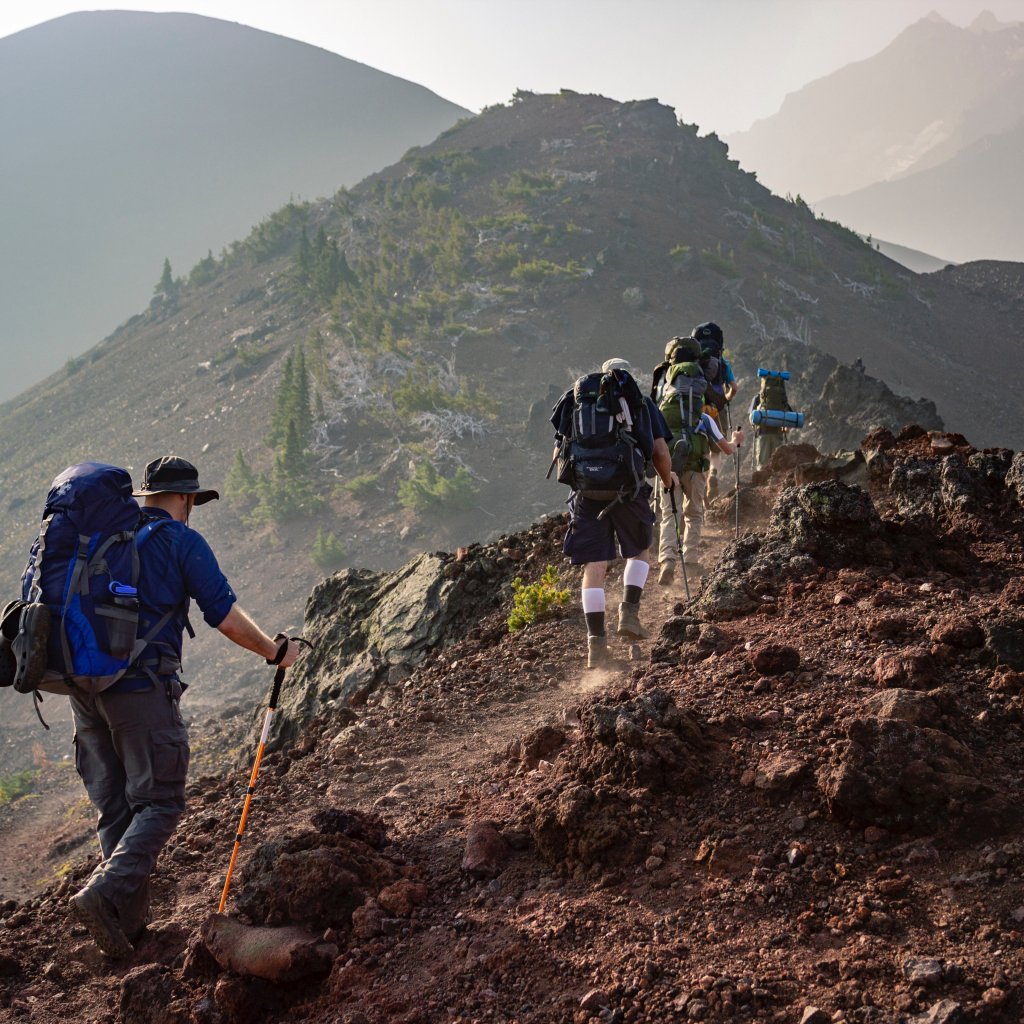

If his symptoms are severe, he may also need blood tests, a CT scan, a chest X-ray, or an ECG. There they can measure the oxygen in his blood and find out if he's suffering from altitude sickness. If your child has difficulty breathing or turns blue, or shows anything more than very minor discomfort, take him to the nearest emergency room. You can also encourage your child to breathe more deeply and at a slightly faster rate than normal, to get more oxygen. (If your child is younger than 3 months, check with her doctor before giving her any medications, including over-the-counter options.) If she has a headache, you can give her the proper dose of acetaminophen or (if she's 6 months or older) ibuprofen. You can give her frequent small sips of water or an electrolyte replacement solution to prevent dehydration, especially if she's vomiting. In the meantime, offer plenty of fluids to keep her well hydrated. Symptoms usually subside in a couple of days. If your child is showing only minor signs of acute mountain sickness, you can take her to a lower altitude to help her acclimate more gradually.


If he's been vomiting, he may also show signs of dehydration. He might develop a cough, have difficulty walking, and be short of breath, even when resting. If your child develops more severe altitude sickness, he might be confused, and his complexion might be pale or blue. He may have difficulty breathing when he exerts himself. He may have a headache, dizziness, or fatigue. For example: He may have trouble eating or sleeping. You may notice a change in your child's normal behavior. They can show up as early as one or two hours after arrival at the higher elevation, but typically they begin to appear eight to 36 hours after arrival. It's not easy to identify altitude sickness because the symptoms are pretty nonspecific at first. How can I tell if my child has altitude sickness? Also chat with the doctor if your baby is younger than 6 weeks of age, because babies this young are more susceptible to altitude sickness. If your child has a chronic heart or lung disease, though, or any systemic disease that affects breathing, it's a good idea to check with her doctor before bringing her to a high altitude.


 0 kommentar(er)
0 kommentar(er)
